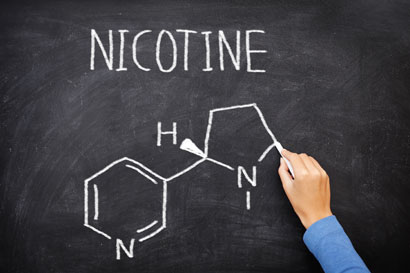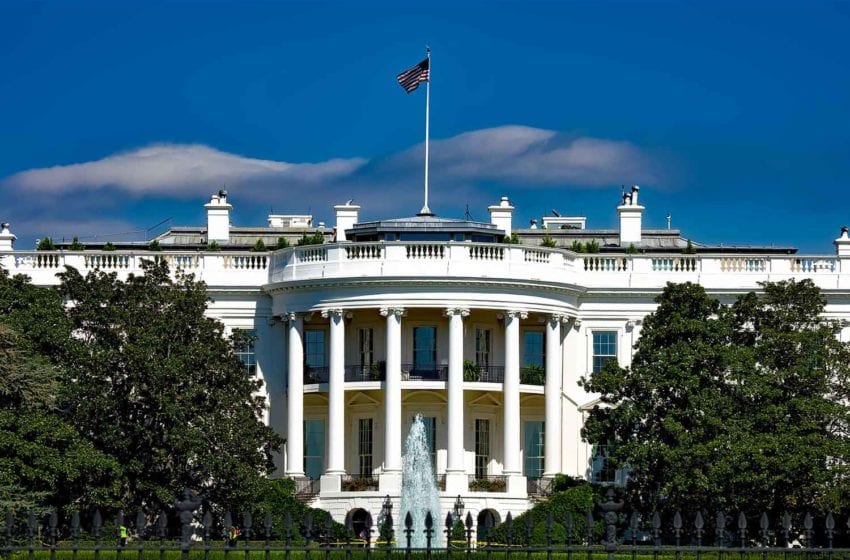
The U.S. federal government’s decision to regulate all nicotine products without regard for the amount of harm they cause will ultimately be detrimental to overall public health, according to a new R Street policy study.
The study was co-written by Clive Bates, former director of the UK’s Action on Smoking and Health (pictured); R Street President Eli Lehrer; and David Sweanor, professor at the University of Ottawa’s Center for Health Law.
‘The vast majority of health harms attributed to smoking arise from burning tobacco cigarettes and inhaling the smoke into the lungs, not from nicotine use,’ the authors note.

‘Where there is no combustion — as with smokeless tobacco, e-cigarettes and other vaping products or heated tobacco products — the risks of nicotine use inevitably will be much lower (representing from two percent to 10 percent of the risk of cigarettes) because the physical processes are so different.’
An R Street press note announcing the report said that the authors had shown that federal agencies had ignored opportunities to reduce serious disease by replacing high-risk cigarette use with low-risk vaping or smokeless tobacco products, an approach known as tobacco harm reduction.
While allowing thousands of cigarette brands to stay on the market, rules promulgated by the Food and Drug Administration would eliminate most of the much lower-risk vaping products. The authors argued a complete reorientation of policy was due.
‘None of these products are perfectly safe, as very little is, but they are very much safer, the authors said. ‘These products with radically reduced risk create opportunities for major health and economic gains through substitution. However, U.S. policy has actively denied and stymied this opportunity.’
The authors offer eight suggestions for the 115th Congress and the new Trump administration to consider in moving toward a more sensible tobacco policy that benefits public health:
- Seize the huge opportunity presented by low-risk nicotine products.
- Cancel the FDA deeming rule before it destroys the US vaping market.
- Establish a standards-based regime for low-risk nicotine products.
- Use new labels to inform consumers about relative risk.
- Stop using the public health test to protect the cigarette trade.
- Restore honesty and candor to public-health campaigns.
- Refocus tobacco science on the public interest, not bureaucratic expansion.
- Challenge vapor and smokeless prohibitions under World Trade Organization rules.
Vapor industry representatives welcomed the study.
“This report is an opportunity for the FDA and vaping community to work together to find a solution for tobacco harm reduction,” said Jeff Stamler, CEO at Nicopure Labs.
“If you read the report and are familiar with vaping products, you will learn that the risks associated with them are far less than the risks that come with using combustible cigarettes. That information alone could save a smoker’s life, unfortunately, it’s a message the FDA, through its Deeming Rule, doesn’t want publicized. However, if the FDA was willing to have an open dialog with the industry, this report would be an excellent jump off point.”












